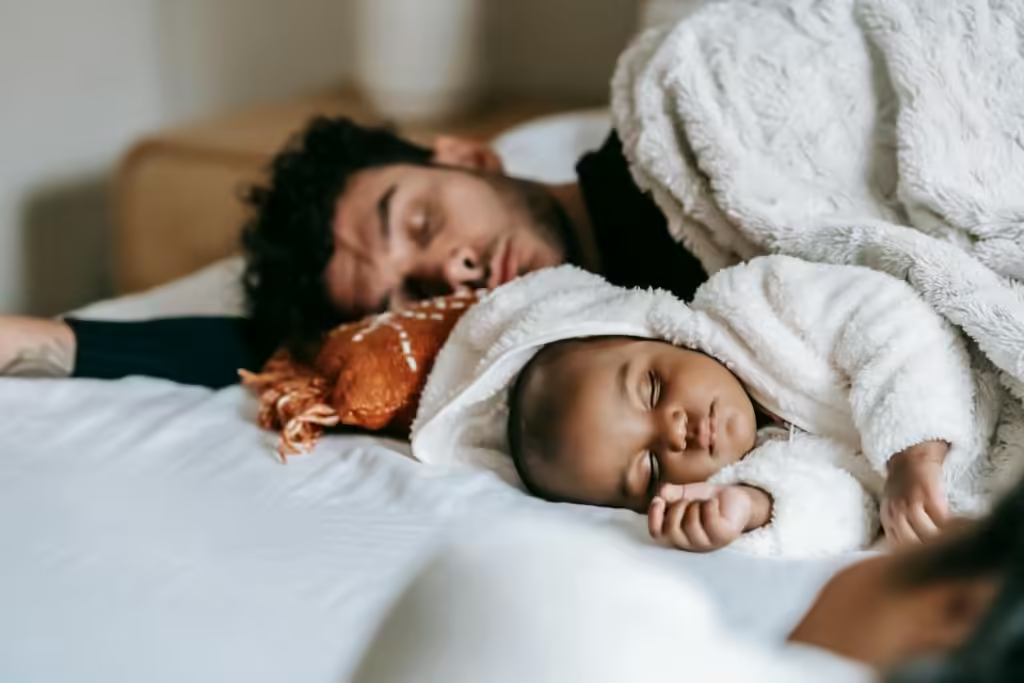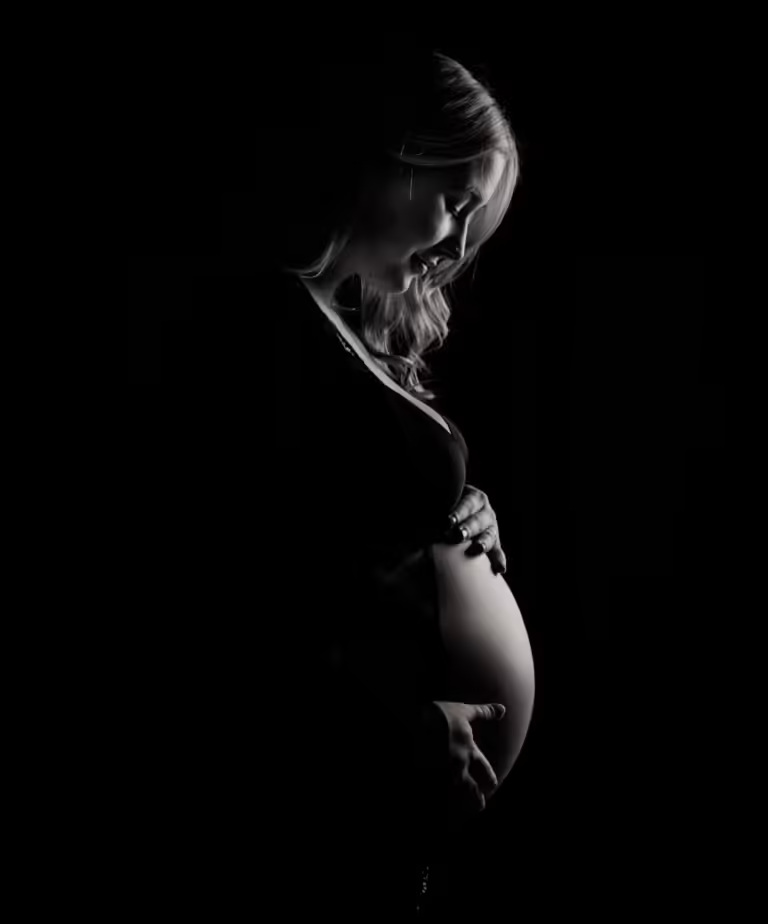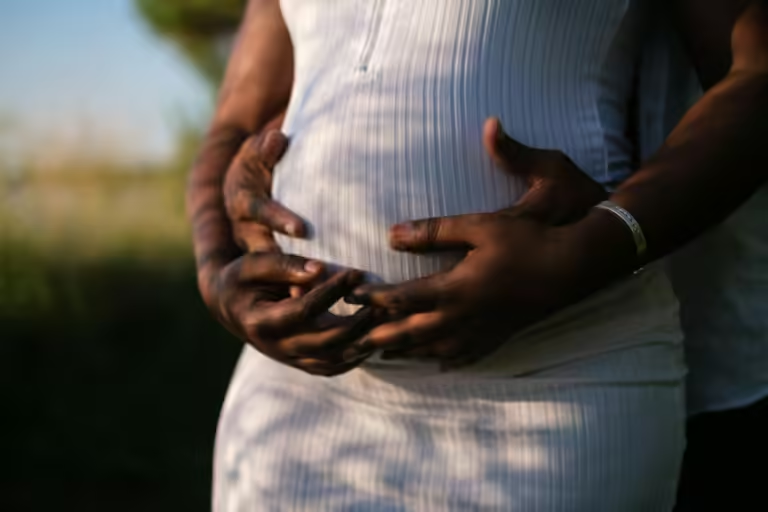The Silent Struggle: Unveiling the Gender and Partnership Inequalities in Sleep After Childbirth
We’ve all heard the saying, “Sleep like a baby.” But ask any new parent, and they’ll tell you it’s the furthest thing from the truth. The transition to parenthood, while joyful, is notorious for its relentless sleep deprivation. But did you know that this sleep deprivation doesn’t affect all new parents equally?
Through extensive research analyzing data from the UK Household Longitudinal Study (UKHLS), we’ve uncovered some compelling, and concerning, truths about who bears the brunt of sleep loss in those precious, and exhausting, early years of raising a child. Prepare to have your assumptions challenged as we delve into the intricate relationship between sleep, gender, and partnership status in the lives of new parents.
The Price of Parenthood: Unequal Sleep Loss for Women
Our research, examining over 1,000 individuals transitioning into parenthood, has revealed a stark reality: women, on average, lose a staggering 42 minutes of sleep every night after becoming mothers. This sleep deficit persists even when accounting for factors like work schedules, socioeconomic status, and overall health, painting a clear picture of the significant, and often overlooked, burden shouldered by new mothers.
Interestingly, before parenthood, women actually reported sleeping more than men. However, this advantage vanishes once a child enters the picture. While this may seem to suggest an equalization of sleep patterns, it actually masks the reality of women’s disproportionate sleep loss.
Beyond the Hours: Unpacking Sleep Quality Disparities
While the raw numbers highlight the difference in sleep duration, our research delves deeper, exploring the often-ignored dimension of sleep quality. While our analysis indicates that men and women experience similar levels of decline in sleep quality after becoming parents, this seemingly balanced statistic doesn’t tell the whole story.
You see, after childbirth, women are significantly more likely to report “bad” sleep quality overall, even if the amount of decline is similar between genders. Why? A significant contributor is the burden of nighttime childcare tasks. Mothers, often taking on the lion’s share of these duties, experience more fragmented sleep, characterized by frequent awakenings, leading to poorer overall sleep quality despite similar time spent in bed. This “fourth shift”, as researchers call it, where caring responsibilities extend far into the night, contributes significantly to the sleep disparities observed between genders.

Marriage, Cohabitation, and the Shifting Landscape of Sleep
While gender plays a critical role, the type of partnership parents are in also influences their sleep patterns, further complicating this intricate web of factors. Before parenthood, we discovered that married women reported sleeping significantly more than their male counterparts, a gap not observed amongst cohabiting couples. This suggests that even before the arrival of a baby, traditional gender roles, often more prevalent in married couples, impact sleep, with women potentially shouldering more household responsibilities and thus, getting less rest.
The plot thickens when we examine the changes in sleep after childbirth across different partnership types. While both married and cohabiting women experience a significant loss of sleep, a surprising trend emerges: cohabiting fathers lose almost as much sleep as their female partners. This finding challenges the prevailing assumption that fathers, especially married ones, are relatively unscathed by the sleep disruptions of a newborn. This suggests that cohabiting fathers may be taking on more active roles in nighttime childcare, a heartening possibility that warrants further exploration.
Unanswered Questions and the Call for Deeper Understanding
The findings of this research, while illuminating, pose more questions than they answer. Why do cohabiting fathers, despite socioeconomic disadvantages often linked to poorer sleep, experience such significant sleep loss? Is it a reflection of evolving gender roles within cohabiting partnerships, or are there other factors at play? These are just a few of the intriguing questions our research has sparked.
It’s clear that understanding sleep disparities amongst new parents goes far beyond simply counting hours slept. By uncovering and unpacking the influence of gender and partnership dynamics on sleep after childbirth, our research highlights the urgent need for a nuanced perspective on this fundamental aspect of well-being.
The Future of Sleep: A Call for Change and Support
Our findings are not merely data points; they are a powerful reminder of the hidden inequalities permeating the seemingly private realm of sleep. We must move beyond simply acknowledging these disparities and work towards creating a world where a good night’s rest isn’t a luxury but a right, equally accessible to all parents, regardless of gender or relationship status. This research is a call to action for researchers, healthcare professionals, policymakers, and, most importantly, for us all as individuals to start a conversation, to offer support, and to advocate for greater equality in those precious, and often sleep-deprived, early years of parenthood.








